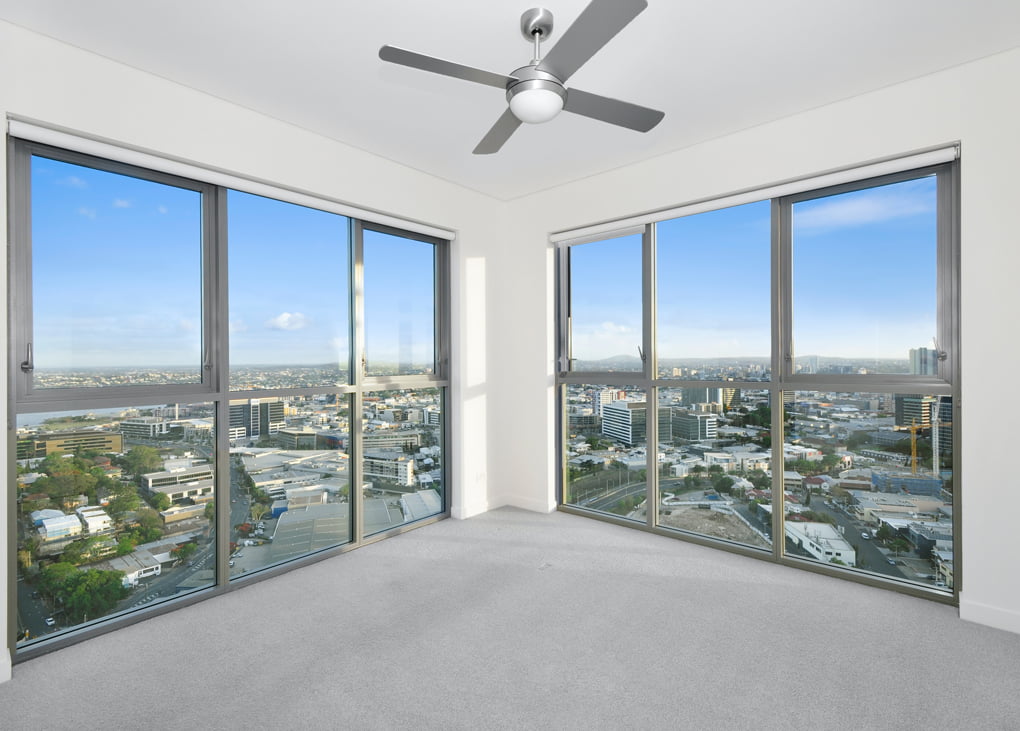The Australian Building Codes Board (ABCB) is seeking comment on proposed amendments to energy efficiency and condensation technical provisions, for possible inclusion in the National Construction Code (NCC) 2022.
Some of the more significant amendments proposed in this second and final stage of the public comment draft include:
- A stringency increase in the thermal performance of homes from the current level, equivalent to 6-stars NatHERS, to the equivalent of 7 stars
- Introducing whole-of-home annual energy use requirements (noting differences between Class 1 and 2 buildings)
- A new set of Deemed-to-Satisfy elemental provisions for Class 2 buildings
- New provisions designed to allow easy retrofit of onsite renewables and electric vehicle-charging equipment for Class 2 to 9 buildings
- Enhanced condensation management provisions, including additional ventilation and wall-vapour permeability requirements.
The ABCB has produced a range of resources to help stakeholders provide informed comments. This includes a condensed “summary of changes” document, an infographic, case studies, calculators and reports. The resources are available in the Related Documents section at the bottom of the consultation overview page.
An explainer video series is also being developed, and will be released in the coming weeks via the overview page and the ABCB’s YouTube channel.
Comments may be submitted through the ABCB consultation hub until 11.59pm (AEDT) on Sunday, October 17, 2021.
The ABCB is also preparing a Consultation Regulation Impact Statement (CRIS) to accompany the proposed amendments.
The CRIS will provide an economic analysis of proposed increases in the stringency of the energy efficiency requirements for residential buildings. This includes a full cost-benefit analysis.
The CRIS will be available to interested parties via a separate online consultation survey on the ABCB consultation hub for seven weeks from the end of September. A number of specific questions are included in the CRIS to guide areas for feedback.
Following consultation, the CRIS will be updated and finalised with evidence and feedback from consultation, before being used as an input into decision making about the proposed residential energy efficiency provisions. The Final RIS is expected to be publicly released mid-2022.
 Mark Vender
Mark Vender


Leave a Reply